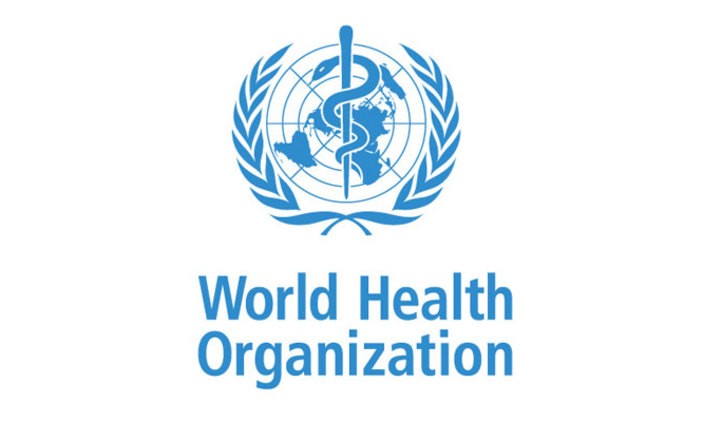The World Health Organization announced that they have added “Gaming Disorder” to their list of addictive behaviors, thus classifying it as an actual disease. The disease is broken down into three different categories: predominantly online, predominantly offline, and unspecified. The World Health Organization noted back in December 2017 that they had intended to add this to their list of illnesses. As of right now, it is being reviewed to ensure that their classification of the disorder is correct.
The World Health Organization describes the new disorder as follows:
Health concerns associated with gaming behaviour are not limited to gaming disorder, but also include other aspects of health (e.g. insufficient physical activity, unhealthy diet, problems with eyesight or hearing, musculoskeletal problems, sleep deprivation, aggressive behavior and depression) and psychosocial functioning.
Studies suggest that gaming disorder affects only a small proportion of people who engage in digital- or video-gaming activities. However, people who partake in gaming should be alert to the amount of time they spend on gaming activities, particularly when it is to the exclusion of other daily activities, as well as to any changes in their physical or psychological health and social functioning that could be attributed to their pattern of gaming behaviour.
The Entertainment Software Association is an organization who represents the gaming industry and their developers in situations such as this, offered a response on June 18 about excessive gaming being classified as a disorder:
It is extremely important to note that the proposed draft circulating is not final and it is still under discussion and review. Experts worldwide are urging caution regarding the World Health Organization’s proposed ‘gaming disorder’ as it may lead to misdiagnosis of real mental health conditions. It is concerning to see the ‘gaming disorder’ proposal in this draft despite significant opposition from the medical and scientific community. The research supporting inclusion is highly contested and inconclusive. There is no objective evidence to define and diagnose overuse and that may result in misdiagnosis. The WHO should consider the mounting evidence put before them before inclusion next year of ‘gaming disorder’ in the final version of ICD-11.
While this may sound tempting to some gamers looking to quit their day job, don’t expect to walk into your doctor’s office and get free money from the government because you decided to pull an all-night gaming session. It’s not exactly that easy!


